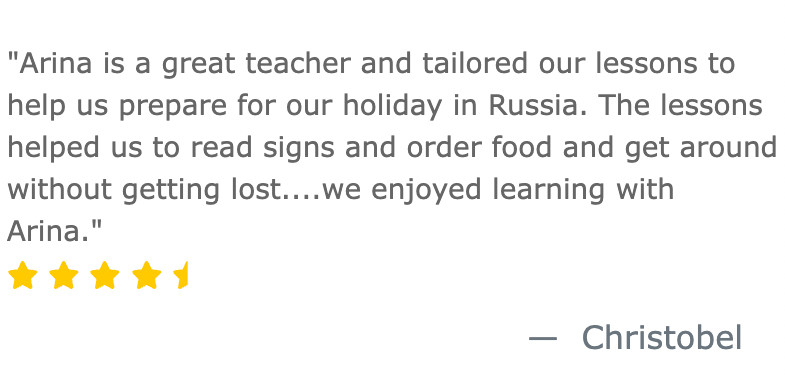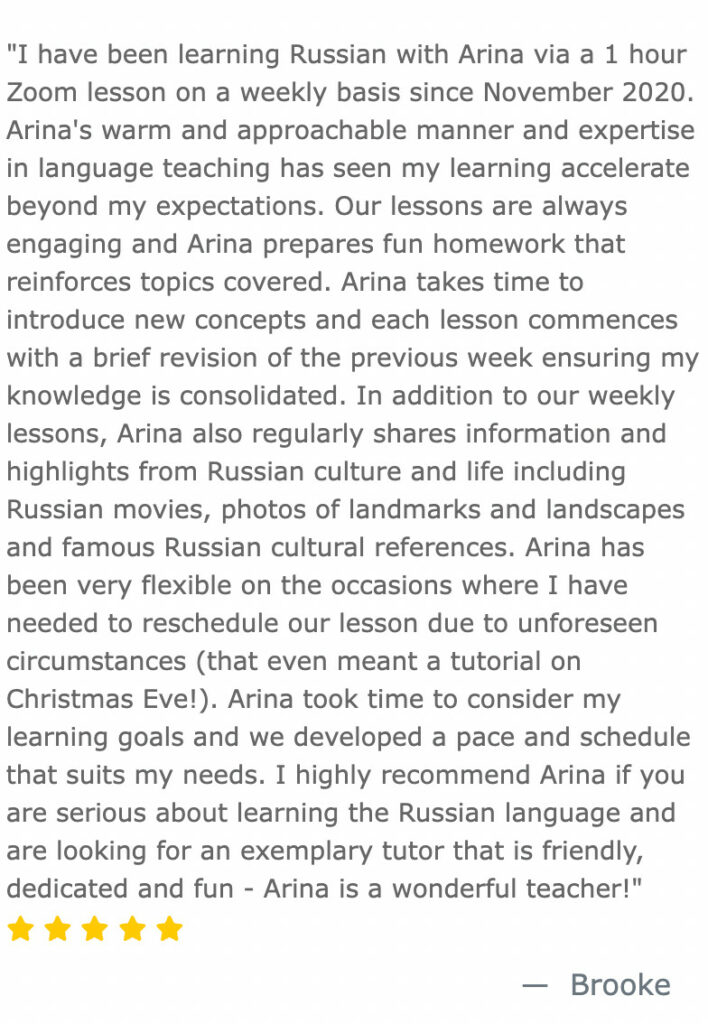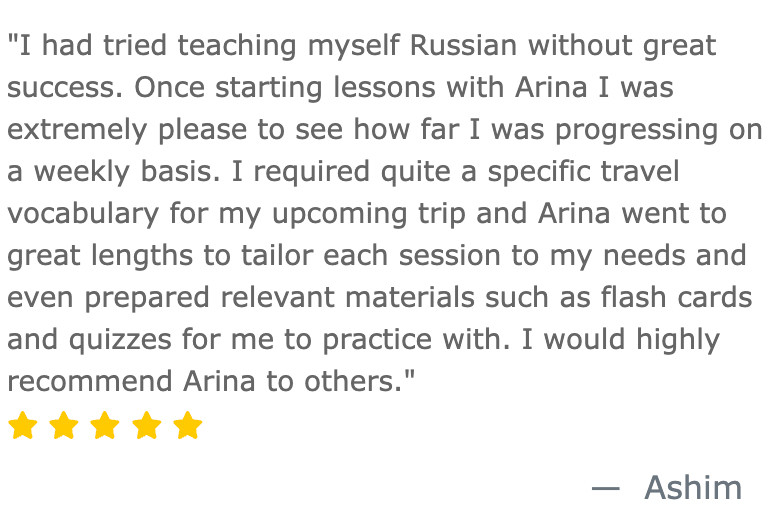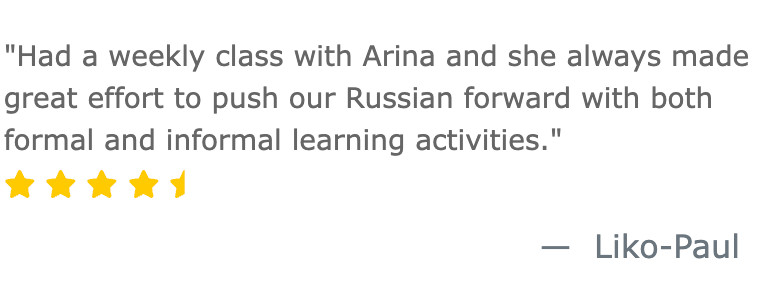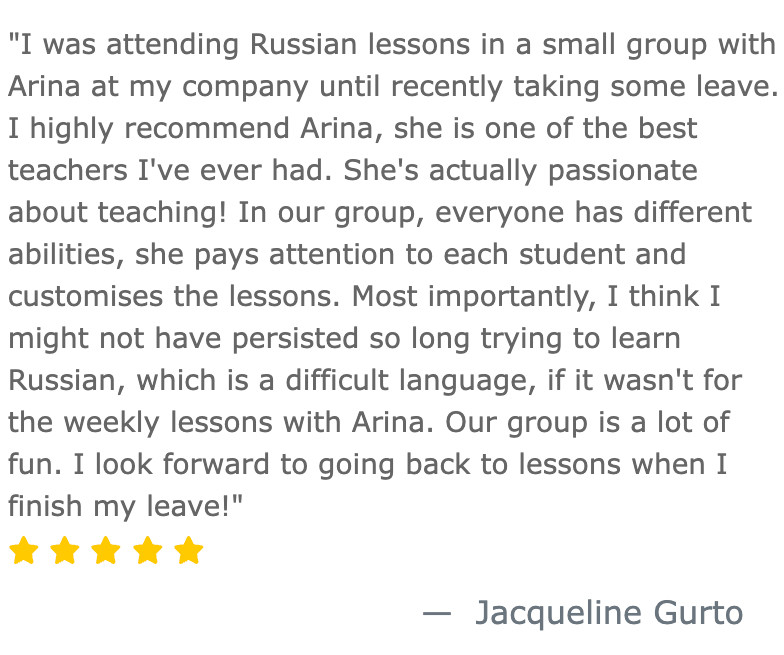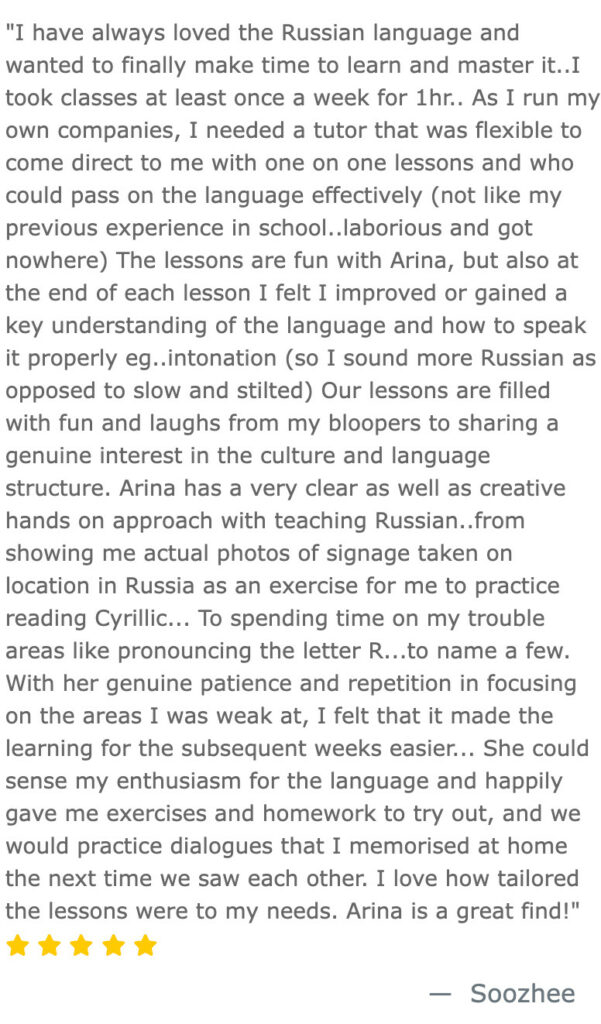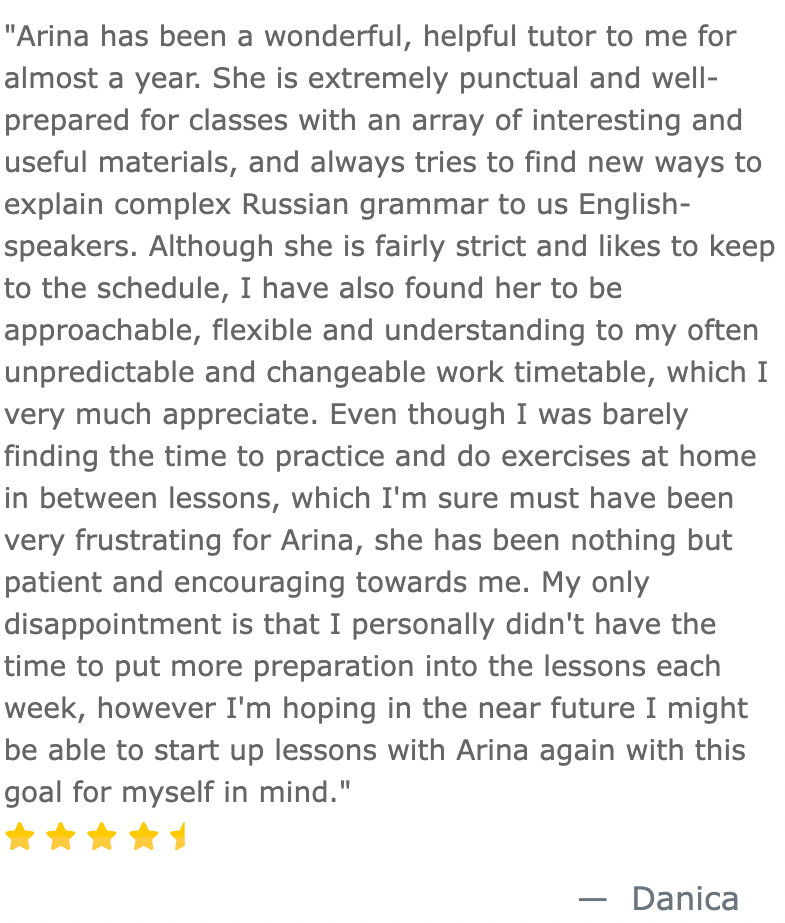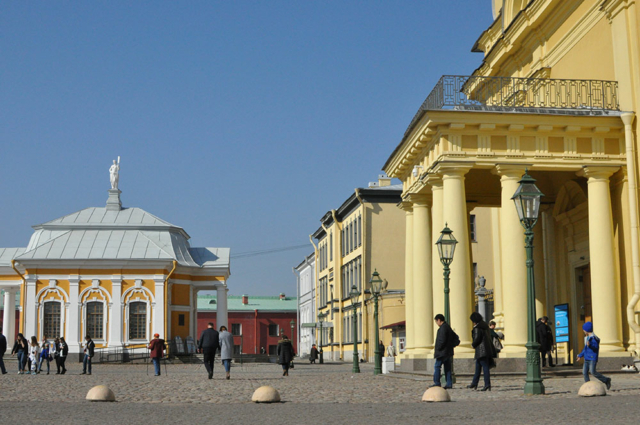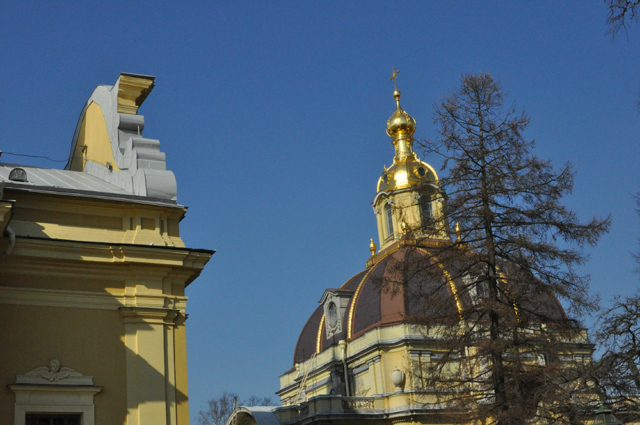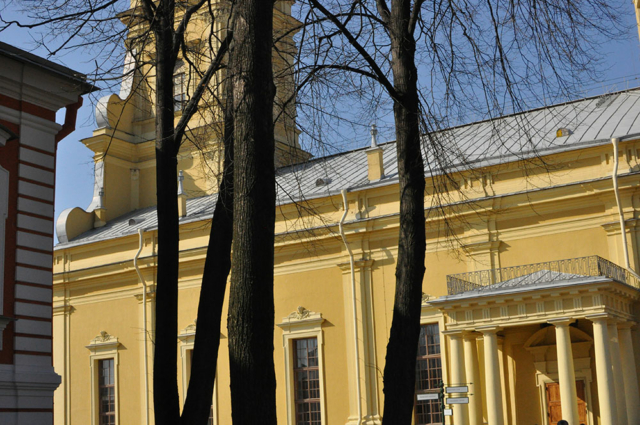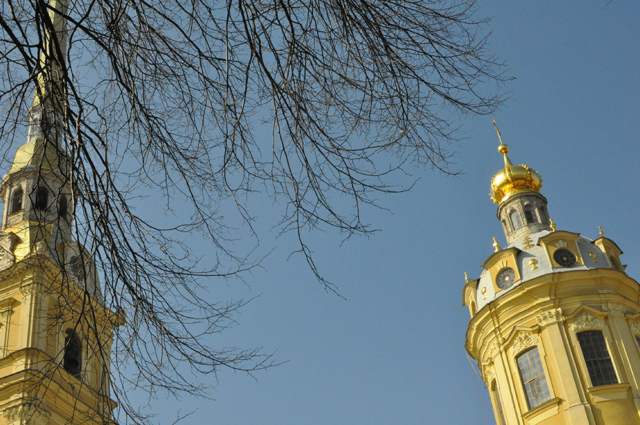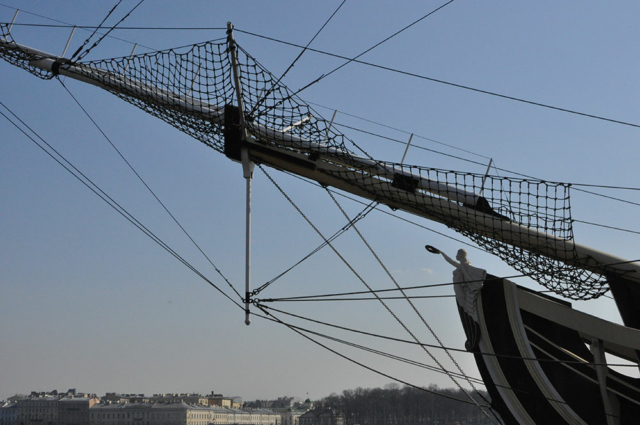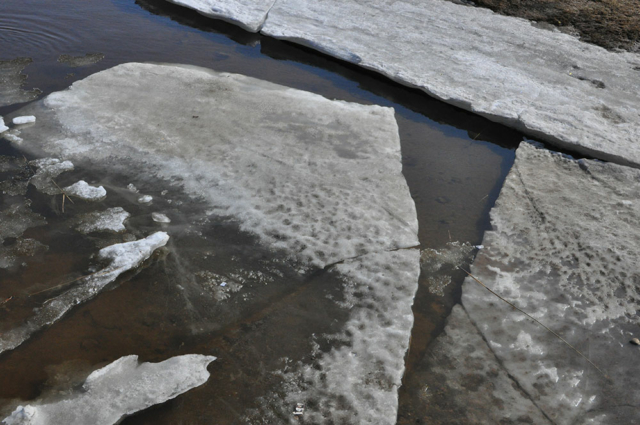Knowing Russian can open new opportunities in your professional, social and academic life. Russian is one of the six official languages of the United Nations. There are about 258 million Russian speakers worldwide and it is the most spoken native language in Europe.
What is your motivation to learn Russian?
You might have different reasons to learn Russian. Perhaps, you want to speak Russian with your friends or family members. Perhaps, you work with Russian speakers and would like to communicate with them in Russian. Perhaps, you are taking GCSE or another standardised test and need to get ready for it. You might be just in love with Russian art, literature and culture and learning the language is the way to gain a better understanding of the Russian traditions. Or you might already know several languages and you would like to learn Russian as well. If you are interested in Slavic languages in general, learning Russian could be a good way to get started as Russian, Polish, Czech, Bulgarian and other Slavic languages share common characteristics. When you get in touch with me about learning Russian, I will take into account your motivation to learn Russian and will adapt the lessons to suit your learning needs and future plans.
What kind of lessons do I offer?
- Russian for adults
- Russian for children (5 – 17 years old)
- Russian for absolute beginners, intermediate and advanced learners
- One-on-one face-to-face lessons in Cambridge (not far from Jesus Green Park)
- Online classes
- Lessons with two, three learners
- Small group lessons (4 – 15 learners)
- Preparation for Pearson Edexcel Level 1/Level 2 GCSE (9-1) in Russian (1RU0)
- Preparation for the Test of Russian as a Foreign Language (TORFL)
My experience in a nutshell
I have been teaching Russian since 2011 to adults and young learners, to groups and giving one-on-one classes, online and face-to-face.
For 4 years, I was teaching beginner and intermediate groups in the corporate environment in Sydney, Australia. For 13 years, I have been working one-on-one with students based in the UK and Australia.
What does my Russian course look like?
The structure of the course is well balanced. I include grammar and pronunciation techniques, also tips for better and quicker memorisation. I have developed my own course based on more than 10 years teaching experience, and I also supplement the lessons with published resources, videos and recorded conversations. My Russian course is based on high frequency vocabulary and grammatical structures. With the content that I developed, you can start using Russian words and phrases from the very first lesson.
What makes my course unique is that you will be using Russian and hearing Russian throughout the whole course, and you won’t have to translate Russian into English in order to learn new words and phrases. That will be possible because my course is based on the most up-to-date understanding of how we learn, how we memorise information and how we use language to communicate. I carefully selected teaching methodologies that will immerse you into the Russian sounds, words and grammar bits. In our sessions, we will be using body language, objects, pictures, videos, presentations, hands-on and digital interactive games to learn new material and most importantly to communicate, to get the message across in Russian. Only occasionally we will need to use English.
All lessons are interactive: you will be saying Russian words, repeating after me, we will be role-playing short dialogues, and you will be building your grammar and vocabulary bank gradually. I will be giving a homework task after each session so that you can consolidate your learning. Completing each homework will be achievable as long as you schedule time in your calendar to do it. I will give you feedback on your homework every time. Some of my students started learning Russian with me from scratch and now can express themselves pretty well. It’s remarkable to see their progress and I want you to be confident Russian speakers too.
Pronunciation is important, and you will be practising pronunciation in your first lesson. It takes time to develop good habits, to develop the tongue muscle memory and to practise the right placement of the tongue in the mouth, and we will be practising it all together. Pronunciation techniques are embedded in each class, so along with vocabulary, grammar and communicative strategies, you will be learning pronunciation.
My qualifications and background
I hold three teaching qualifications, and in addition to Russian, I have been teaching other subjects: English and art. I have been learning foreign languages myself and I understand that it is not always easy to have a structured approach to learning and to get results that you want as quickly as you want them. That’s why I made sure I do everything I can to help you make a steady progress. And I will support you throughout your whole learning journey.
My teaching experience
Teaching Russian one-on-one to adult and young learners since 2011
In-company teaching experience
Russian Language Teacher
BigWorld Pty Ltd – Wargaming.net (August 2013 – September 2017)
- Developed a program for beginners and intermediate level learners
- Used audio-visual material to accelerate learning and to create the experience of cultural and linguistic immersion
- Created online quizzes, videos, and presentations to encourage students to study independently
- Organised cultural events
Students’ reviews

